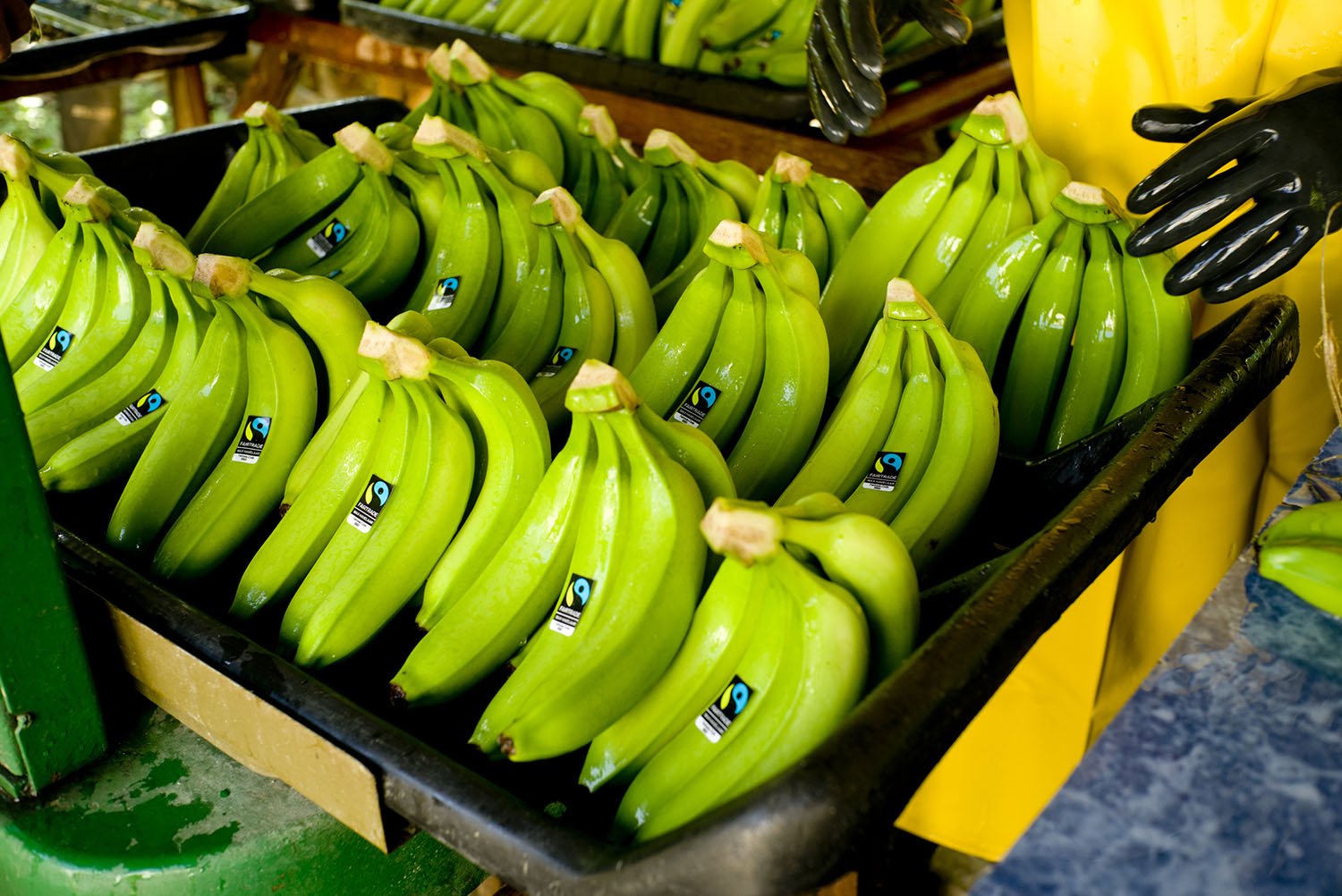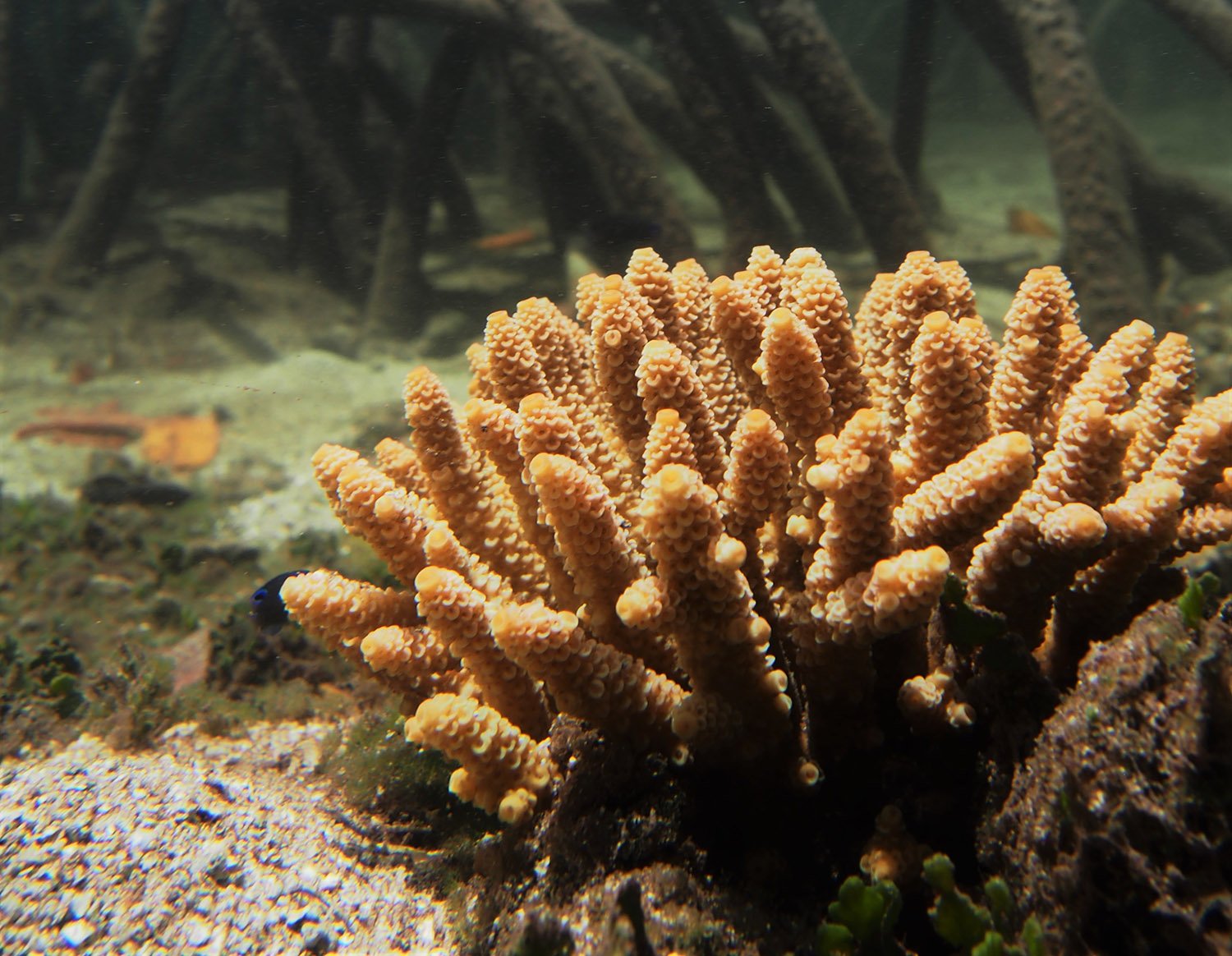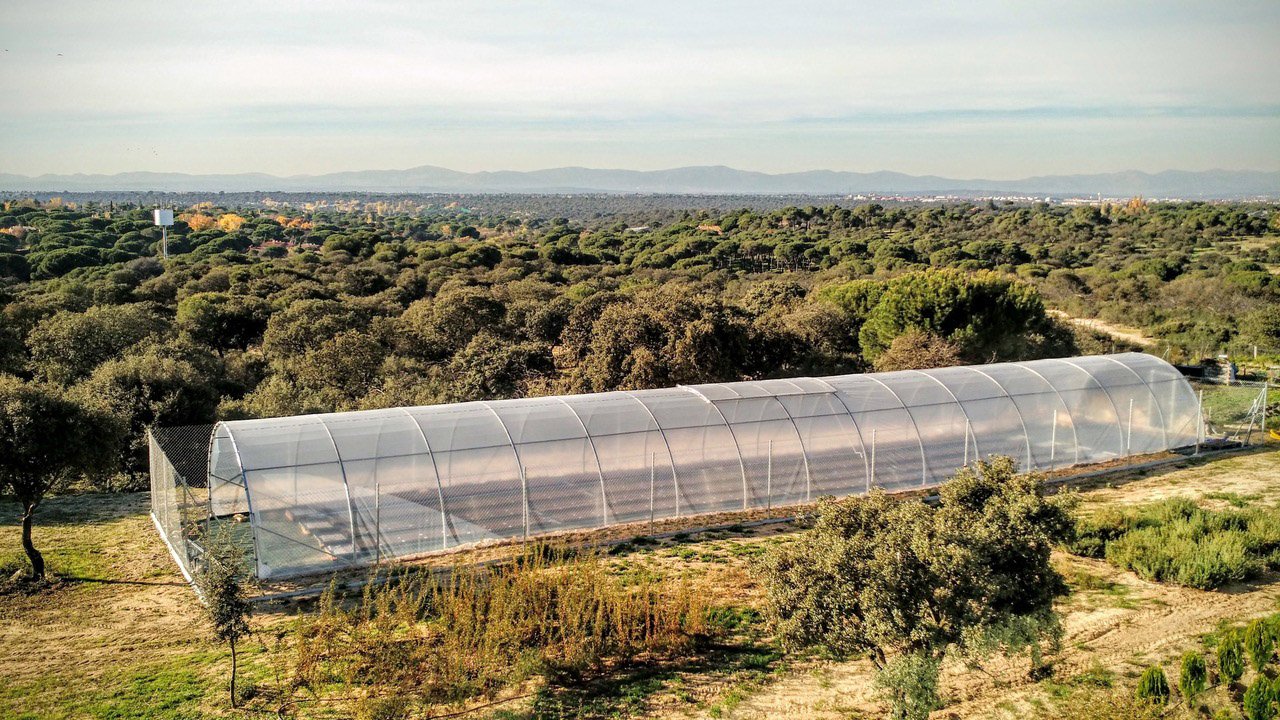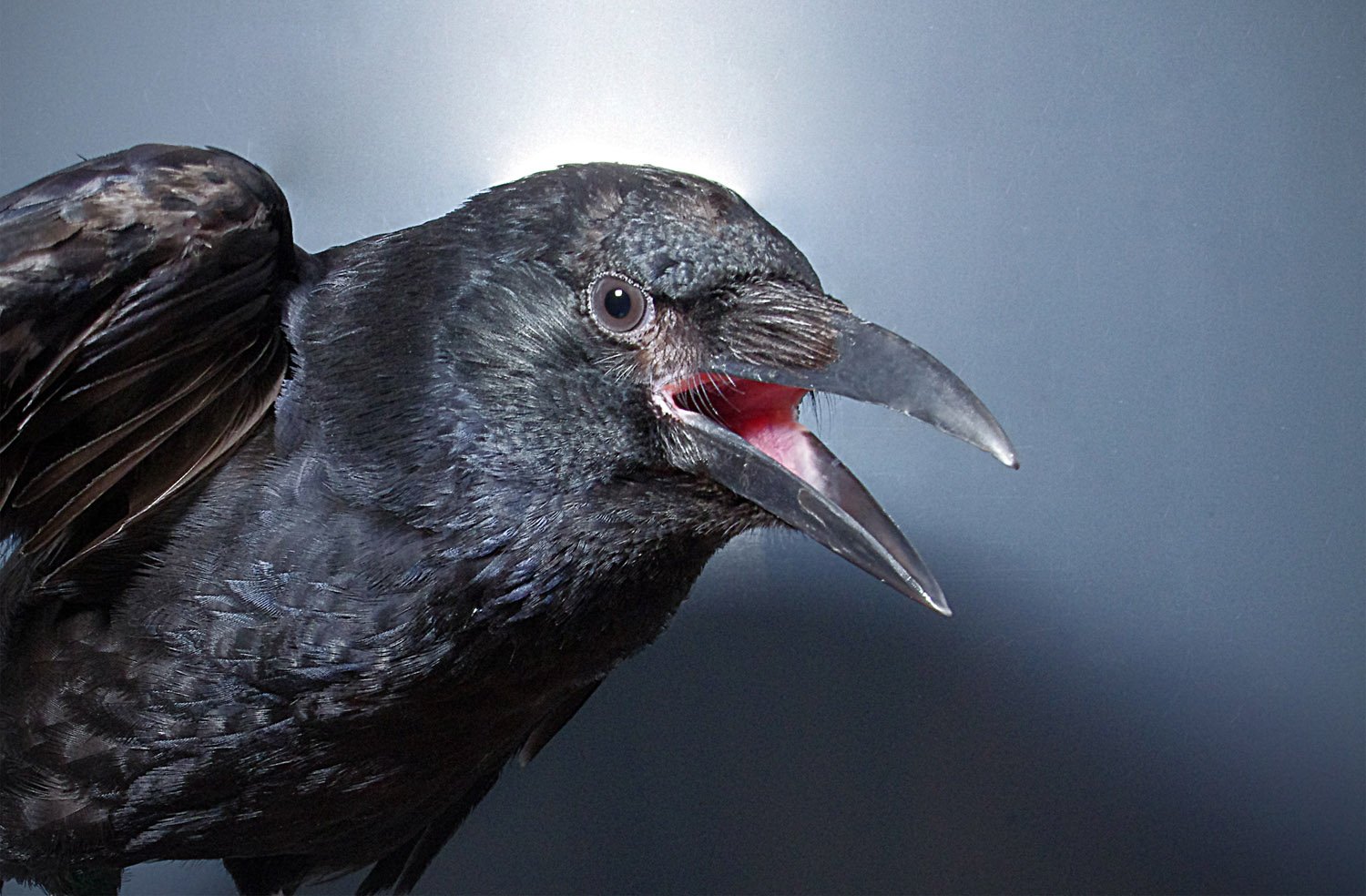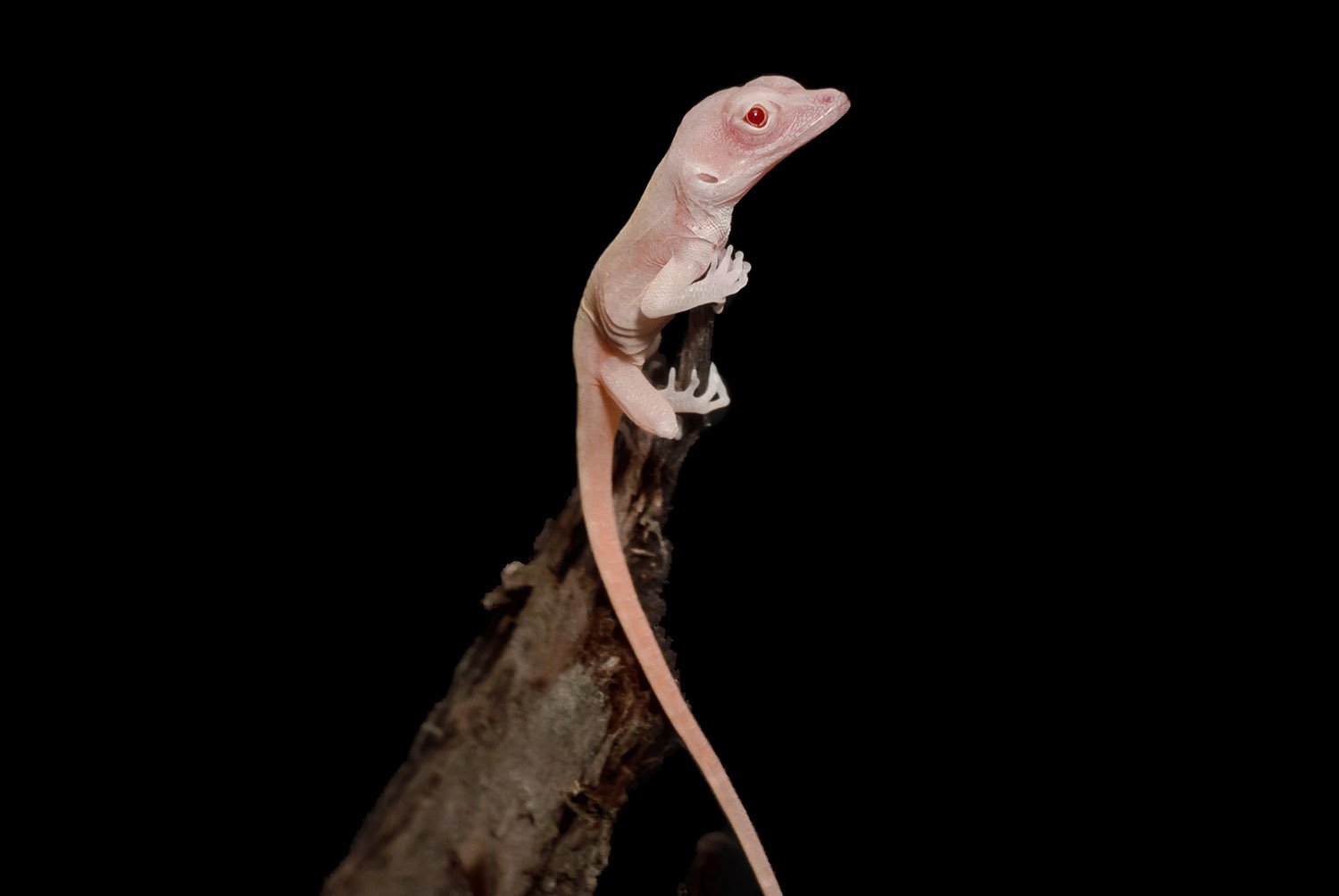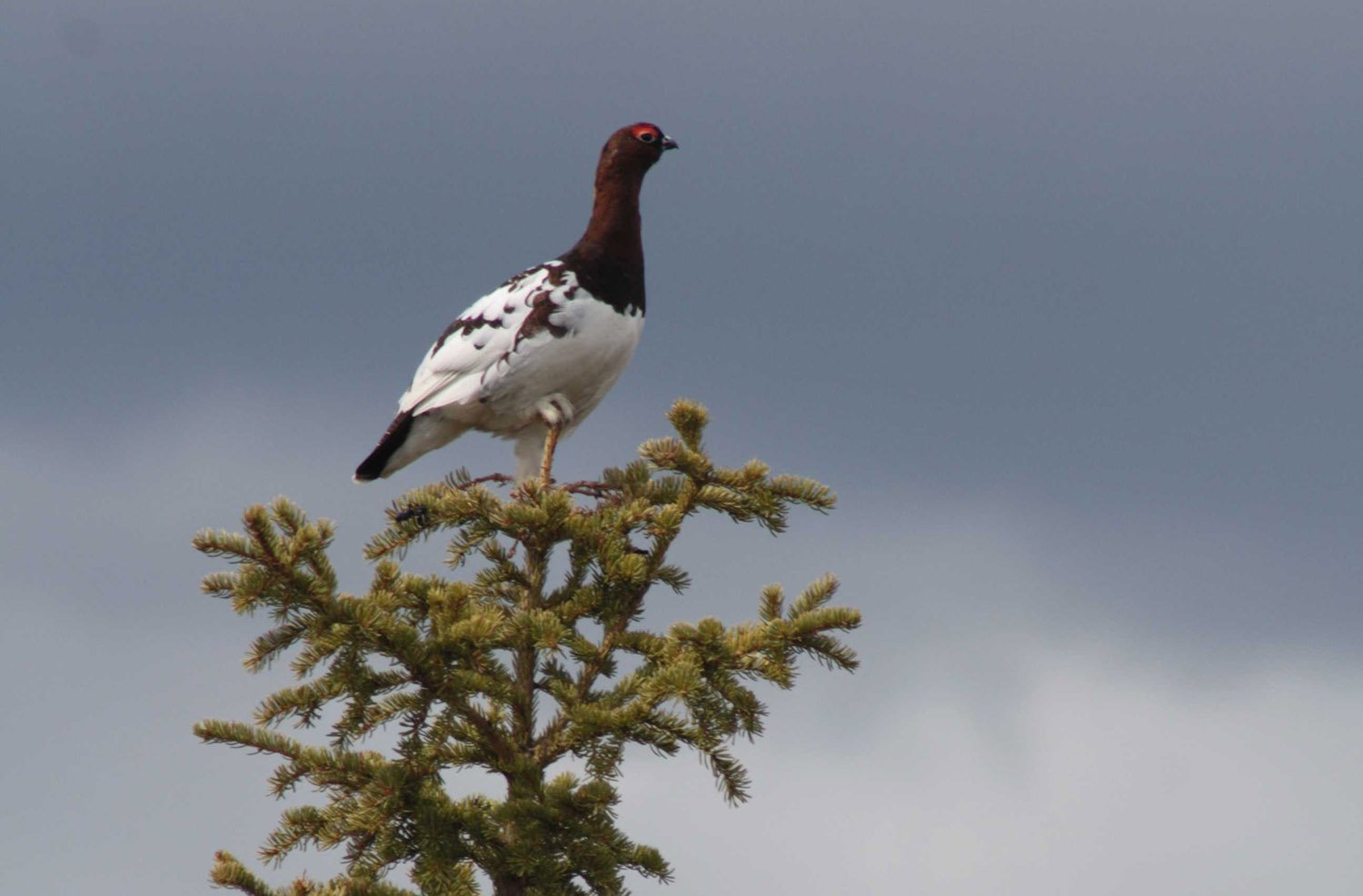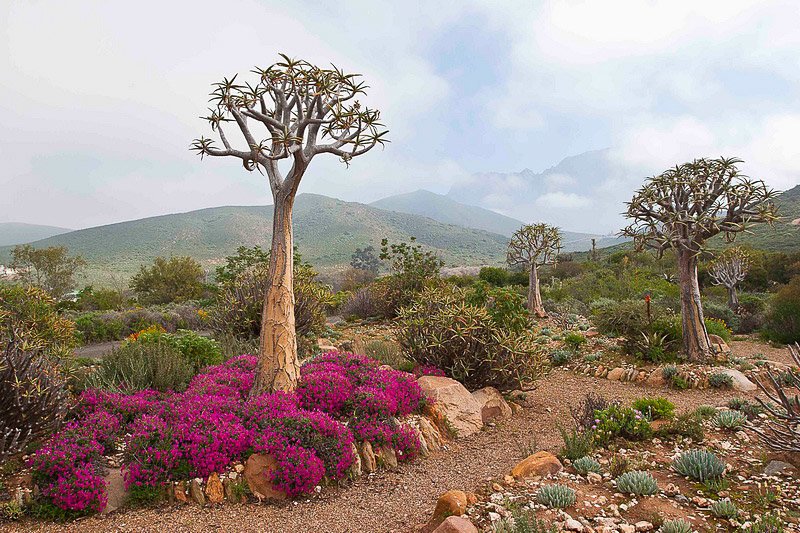Mystery solved about the machines that move your genes
Fleets of microscopic machines toil away in your cells, carrying out critical biological tasks and keeping you alive. By combining theory and experiment, researchers have discovered the surprising way one of these machines, called the spindle, avoids slowdowns: congestion. The spindle divides chromosomes in half during cell division, ensuring that both offspring cells contain a … Read more

